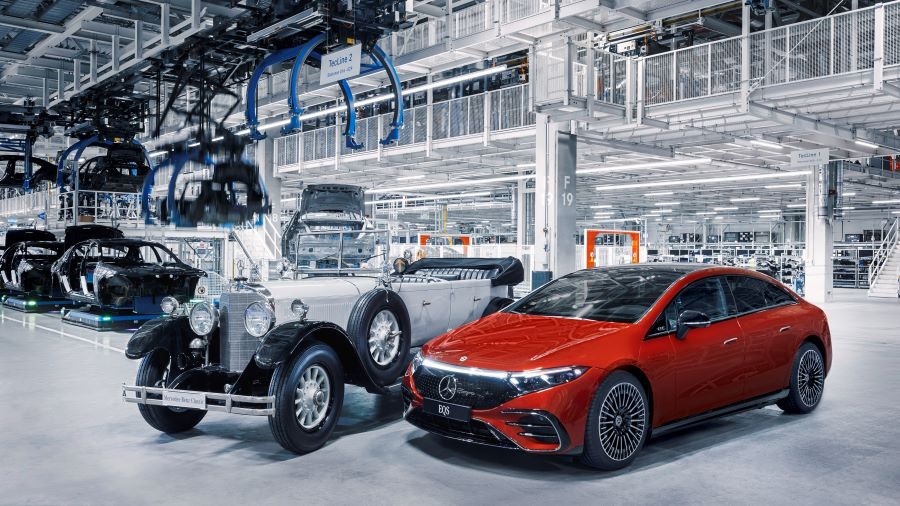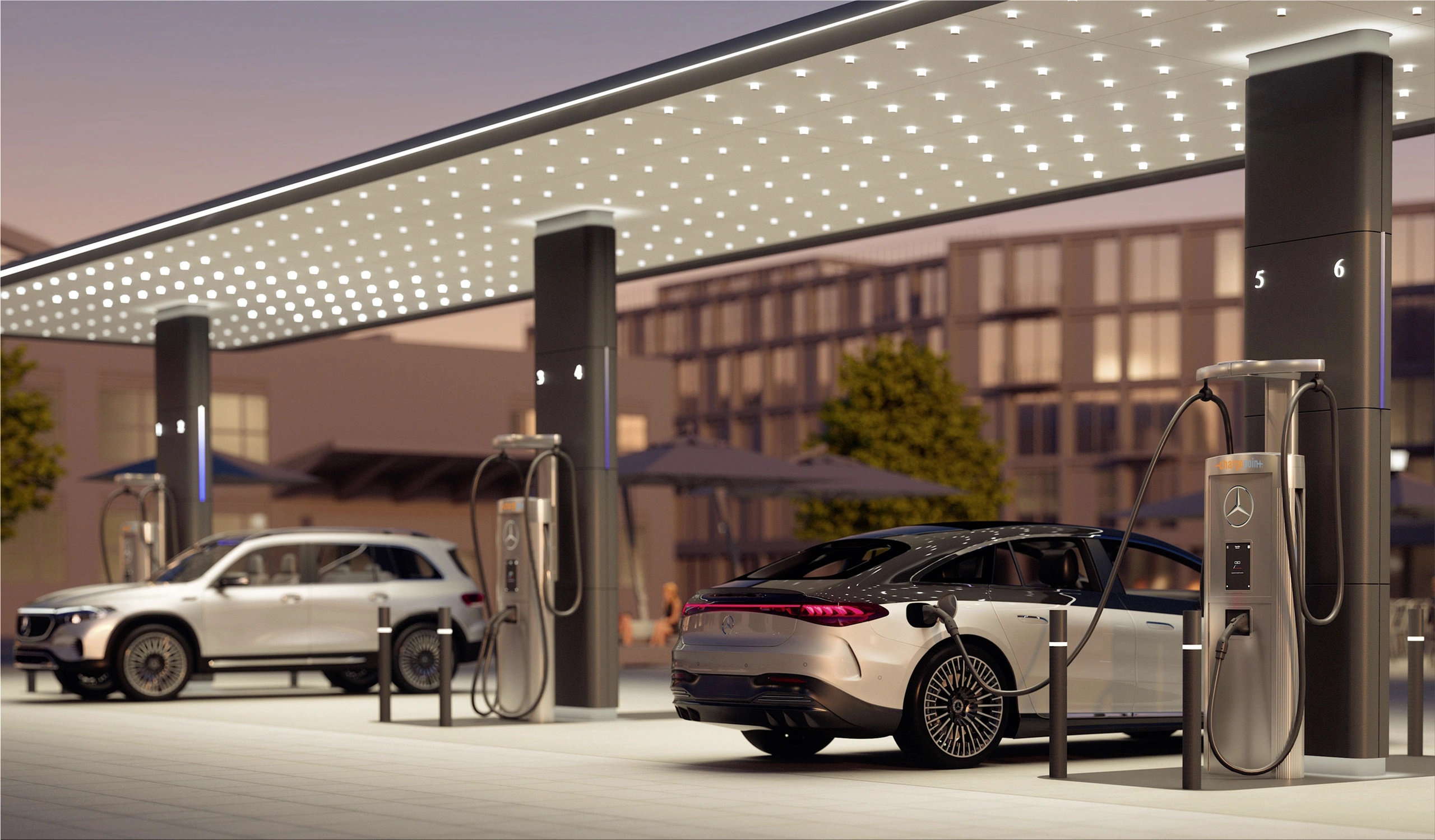- Admin
- Jun 11, 2024
- Buying Guides
- Read: Small Medium Large
Mercedes-Benz Call Back 2030 Deadline for Full Electrification
Three years ago, Mercedes-Benz boldly declared that by 2030, it would exclusively sell electric vehicles (EVs) or plug-in hybrid electric vehicles (PHEVs) "where markets allowed." However, the automaker has now exercised its "get out of only EVs free" card. Let's delve into the reasons behind this strategic shift and what it means for the future of Mercedes-Benz.
The Initial Ambition
In 2021, Mercedes-Benz announced an ambitious goal: to sell only battery EVs by 2030 in countries equipped with the necessary infrastructure. This commitment aligned with the global push toward greener transportation and the growing popularity of EVs. However, the 2023 annual results revealed a change in strategy, indicating doubts about the global readiness for a full EV transition by 2030².

Disappointing Sales of Electric Models
Mercedes-Benz's decision to scale back its EV plans stems from disappointing sales of its electric models, particularly the EQS sedan. The company initially planned to create two versions of its MB.EA platform: the MB.EA-Medium for mid-size models like the C-Class and GLC, and the MB.EA-Large for larger vehicles such as the S-Class and GLS. However, development of the MB.EA-Large platform has been discontinued. Instead, future luxury models will utilize the existing EVA2 platform, which currently supports the EQE and EQS models¹.
Market Conditions and Customer Preferences
Mercedes-Benz cited market conditions and customer preferences as key factors in its strategic shift. Rather than committing solely to electric cars, the company will continue manufacturing vehicles with "electrified internal combustion engines" well into the next decade. This approach aims to balance profitability with consumer demand. CEO Ola Källenius acknowledged that the company had overestimated the rapid growth of EV sales. As a result, Mercedes-Benz will produce both electric and advanced ICE vehicles as long as there is demand, extending well into the 2030s¹.

Plug-In Hybrids and Broader Industry Trends
Mercedes-Benz's cautious approach contrasts with the more aggressive EV strategies of some other automakers. Companies like Rivian and Lucid have also projected slower growth, and Ford and GM have postponed or canceled certain EV projects due to sluggish sales. In 2023, EVs accounted for 8% of vehicle sales in the US and 13% in Europe, highlighting ongoing concerns about charging infrastructure and reliability¹.
Conclusion
While Mercedes-Benz may not achieve its original goal of being all-electric by 2030, its revised strategy reflects a pragmatic approach to the evolving automotive landscape. Plug-in hybrids are expected to play a crucial role in meeting the company's electrification goals, ensuring a blend of electric and ICE vehicles on the road. As the industry continues to evolve, flexibility and adaptability remain essential for automakers navigating the transition to a greener future.





